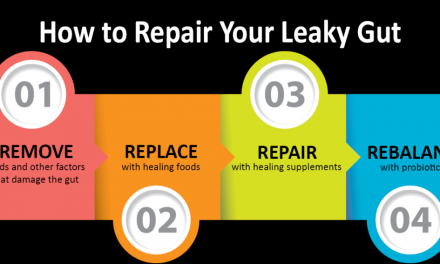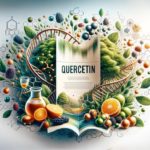Did you know that the average lifespan of an NFL football player is only 62 years? (Current events: Crunch time – professional football – brief article.) That’s about ten years less than the average American male. Other sources have said that the average may be as low as 55 years old. Why do you think that is? Their bodies have been in a chronic inflamed state for years!
Inflammation is your body’s natural response to outside invaders it perceives as threats. Specifically, it’s a process in which your body’s white blood cells protect you from foreign substances such as bacteria and viruses.
However, when your body is in a chronic state of inflammation, the inflammation can lodge in your muscles, joints, and tissues. In fact, chronic inflammation is a leading cause of many diseases, both physical and neurological, including heart disease.
What Causes Inflammation?
Many factors, including emotions, diet, and lifestyle, contribute to inflammation. Diet is a big one. Foods are naturally pro-inflammatory or anti-inflammatory, so depending on what you eat, you may be fueling inflammation in your body.
Pro-inflammatory foods include sugar, soda, alcohol, bread and red meat (how many of these do you eat or drink?). Trans fats, which are found in many snack foods, fried foods, crackers, candies, baked goods, cookies, vegetable shortening, some margarine, salad dressings, and many processed foods, are particularly problematic. Studies have found that eating trans fats increases systemic inflammation, which is a risk factor for heart disease.
A study in the December 2004 issue of the American Journal of Clinical Nutrition looked at a similar issue: The effect of trans fats on inflammation and heart disease in people who already have heart disease. According to the study authors, “Our results suggest that trans fatty acids (TFA) are strongly associated with systemic inflammation in patients with chronic heart failure. This finding suggests a novel potential mechanism whereby TFA intake may affect the health of patients with established heart disease.”
As for foods that are anti-inflammatory, these include fruits and vegetables.
Other factors that can increase your risk of chronic inflammation include:
- Being obese or overweight
- Eating a poor diet
- An existing heart condition
- A family history of heart disease
- Diabetes that’s poorly controlled
- A sedentary lifestyle (no, or very little, exercise)
- Smoking
- Long-term infections
- Gum disease
- Stress
How Do You Know if You Have Chronic Inflammation?
There are several blood tests that you can have performed that may be covered by insurance. These include cholesterol levels, fasting blood glucose levels, markers specific for inflammation and other blood chemistry levels that detect inflammation within organ systems.
At my office, I recommend running our comprehensive lab analysis. These labs are unlike anything you will ever see from your medical doctor. Through this testing, I get a full overview of every system in your body and its current level of function. From your results, I am able to define your nutrient imbalances, deficiencies and am able to detect any levels of toxicity, infection, inflammation that might be altering your overall health. Whether you have symptoms or not, there is no better time to get a true baseline of your overall health and wellbeing. From your results, I create customized lifestyle, diet, nutrition recommendations to help heal your body and take your health to the next level. (Click HERE if you’d like to learn more about Core Health Labs)
On the other hand, the conventional methods to treat inflammation are high in risk. These would include medications like COX-2 inhibitors, which have been highlighted in the media lately because of their link to heart problems. One such drug is the popular anti-inflammatory medication Vioxx. Vioxx was pulled from the market in September 2004 after a study showed that patients taking the drug faced twice the risk of a heart attack. Other anti-inflammatory meds like Bextra, Celebrex, and even over-the-counter Aleve, have also been linked to increased heart attacks and stroke.
Fortunately, there is a safe alternative to COX-2 inhibitors. One of the latest natural anti-inflammatories out there on the market is the Acai berry. This berry, to get it’s fullest effects, must be consumed in its pulp form. In addition to being a supernatural anti-inflammatory, it also is a potent antioxidant, anti-bacterial, anti-carcinogenic (cancer forming), anti-mutagenic and can strengthen and protect the cardiovascular system.










